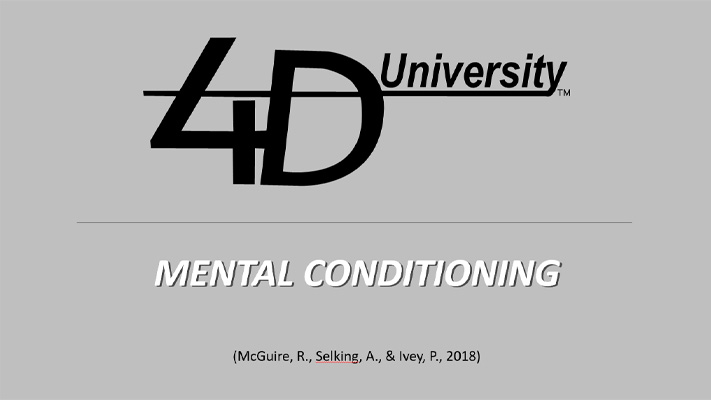Coach Luke Jackson
Coach Jackson began training with 4th Down University in 2015 during his college years at the University of Missouri-Columbia and the University of West Florida. Jackson was a former first team All-State kicker in the state of Florida and was a top 20 ranked kicker in the nation coming out high school. Jackson formerly served as the specialist position coach for 3 years at the University of West Florida where he coached 2 All-Conference specialists and was a part of the 2019 National Championship staff.
Jackson graduated from Mizzou with a Bachelors in Sports Management and a minor in Psychology. He also graduated from the University of West Florida with a Masters in Counseling Psychology and has interest in future studies specialized around Sport Psychology and Mental Performance. He currently serves as a K/P coach for 4th Down University and a mental conditioning coach and consultant.
Contact Coach Jackson:
 Gmail: lpjackson03@gmail.com
Gmail: lpjackson03@gmail.com4th Down Focus Podcast

Habit Formation, Muscle Memory, and Elite Performance
By Luke Jackson
There is a long and overstated myth that it takes 21 days to form a new habit and break an old one. This age-old theory is actually a paraphrased version of the actual ideology which states that it can take a MINIMUM OF 21 DAYS TO FORM A NEW HABIT (Clear, n.d.) In reality, it can vary from 3 weeks to upwards of several months for a new habit to form and solidify as an automatic behavior. Another phrase for automatic behaviors that has become more commonly spoken is muscle memory. This information is important to consider when it comes to athletics and implementing technique alterations and changes.
When I work with kickers, punters, and long snappers, I always preach on implementing significant technical changes in the off season. Why? Habits can take a sizable amount of time to change and form. If a specialist changes something common place with their technique, like a kicker changing their steps or a punter changing their grip, this can open up a laundry list of potential issues and growing pains that conflict with their current muscle memory. When the game is on the line and a kicker goes out make a game winning field goal, more times than not they are not thinking about their technique while kicking but relying on muscle memory and sharp focus on the task at hand. As such, a kicker is more likely to revert back to old habits/technique, which are engrained in their muscle memory, in game situations versus new and unfamiliar technical changes. What is the main takeaway from this? Habits take time to form so it is important to be decisive and intentional about when to make significant changes in technique. If you are wanting to make a change and you are not sure, reach out to your coach or another professional who can help guide you on the path to elite performance.
Sources:
